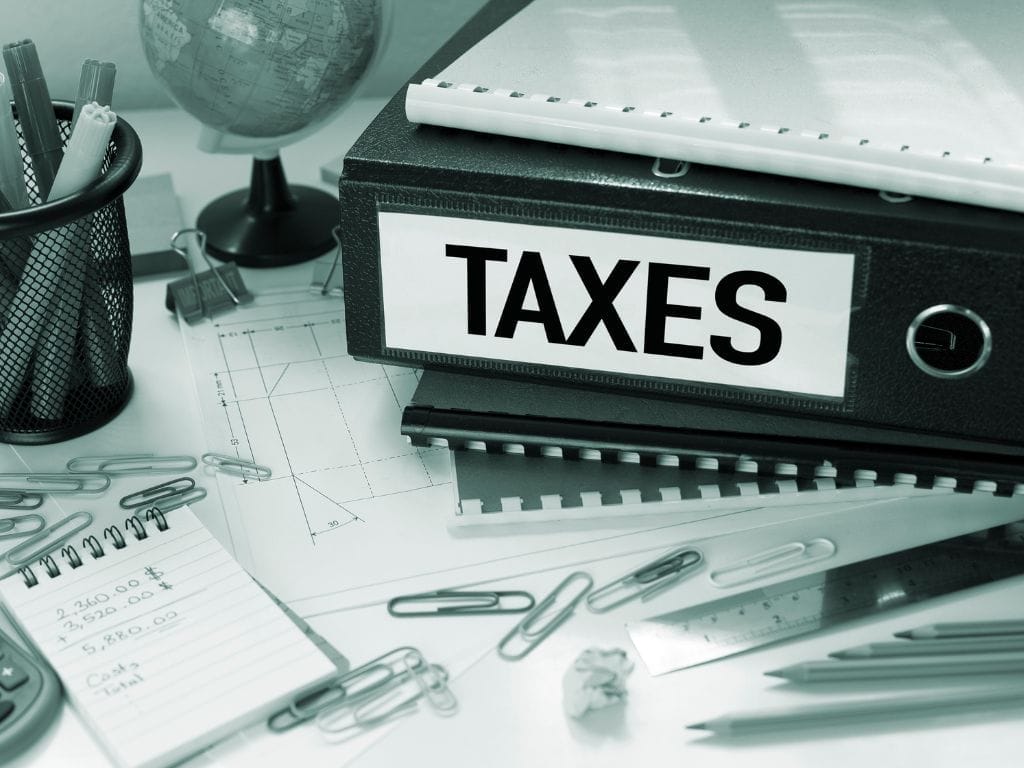Your Guide to Filing Taxes in Singapore
Personal income tax in Singapore is based on a progressive structure. Find out what which income types are taxable and how the income tax applies to you as a resident vs non resident. Personal income tax obligation price in Singapore is one of the lowest on the planet. In order to identify the Singapore income tax liability of a specific, you require to very first figure out the tax residency as well as amount of chargeable income and afterwards apply the modern resident tax obligation price to it. Let this guide by Tropika Club help you file your income tax in Singapore.
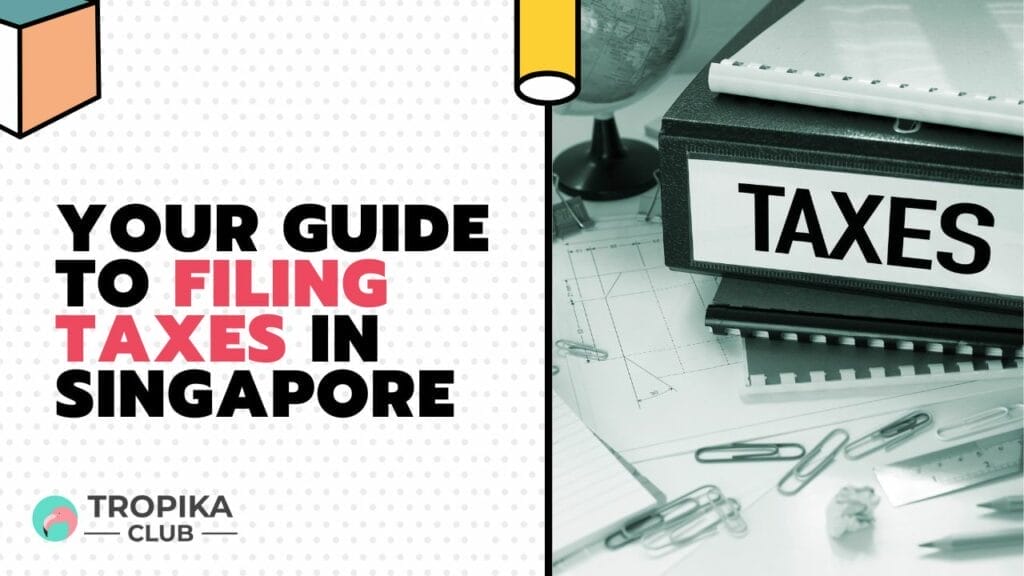
Table of Contents
- No Time to Read? Here’s a Snappy Summary of This Article
- Introduction to Personal Income Tax Rate
- Current Rates for Years of Assessment 2022 to 2024
- Tax for Non-Residents
- Tax Treatment of Income Earned Overseas
- Income Tax Payable On Company Benefits
- How to Start Filing Your Income Tax in Singapore
- Conclusion
- FAQ FOR YOUR GUIDE TO FILING TAXES IN SINGAPORE
- Meanwhile, Check Out Tropika Club’s Ecosystem of Websites
No Time to Read? Here’s a Snappy Summary of This Article
- Maximize Deductions: Leverage reliefs and rebates for optimal tax savings.
- Utilize CPF Contributions: Reduce taxable income through Central Provident Fund contributions.
- Claim Rental Expenses: Offset rental income with allowable expenses for landlords.
- Explore Parent Reliefs: Benefit from tax breaks for supporting dependents or parents.
- Capital Gains Exemptions: Enjoy tax-free profits on certain investment gains.
- File Electronically: Efficiently submit tax returns online for convenience and accuracy.
Introduction to Personal Income Tax Rate
Personal income tax rate in Singapore is one of the lowest in the world, if not the lowest. In order to help you to determine the Singapore income tax liability of an individual, you need to first determine the tax residency and amount of chargeable income based on what you earn, and then apply the progressive resident tax rate to it. Key points of Singapore income tax for individuals include the following:
- Singapore typically follows a progressive resident tax rate starting at 0% and ending at 22% above S$320,000.
- There is no capital gain or inheritance tax in Singapore.
- Individuals are taxed only on the income earned in Singapore. The income earned by individuals while working overseas is not subject to taxation barring a few exceptions which you will need to take note of .
- Tax rules differ based on the tax residency of the individual (citizen, permanent resident, etc.).
- Tax filing due date for individuals in Singapore is April 15 of each year. Income tax is assessed based on a preceding year basis.
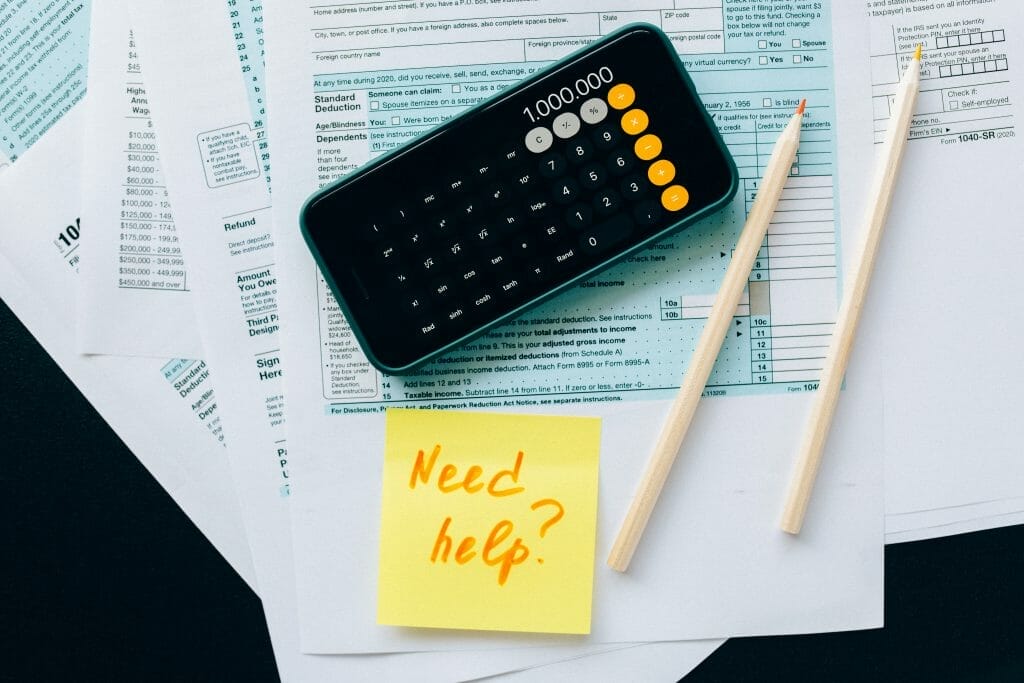
Current Rates for Years of Assessment 2022 to 2024
Resident individuals are entitled to certain personal allowances from personal income tax and are subject to graduated or progressive tax rates ranging from 0% to 22% (This is adjusted to 24% from year of assessment 2024). Non-resident individuals are not entitled to any personal allowances and are subject to personal income tax at a flat rate of 22% (24% from year of assessment 2024). As a concession, employment income of non-residents is taxed at the higher of a flat rate of 15% or the graduated resident rates with personal allowances. This concession does not apply to non-resident directors.
A resident individual’s taxable income (after setoff of personal allowances) is subject to income tax at progressive rates. Current rates for the years of assessment 2022 to 2024 (income years 2021 to 2023) are shown below. Please always refer to the IRAS website for the most updated information.
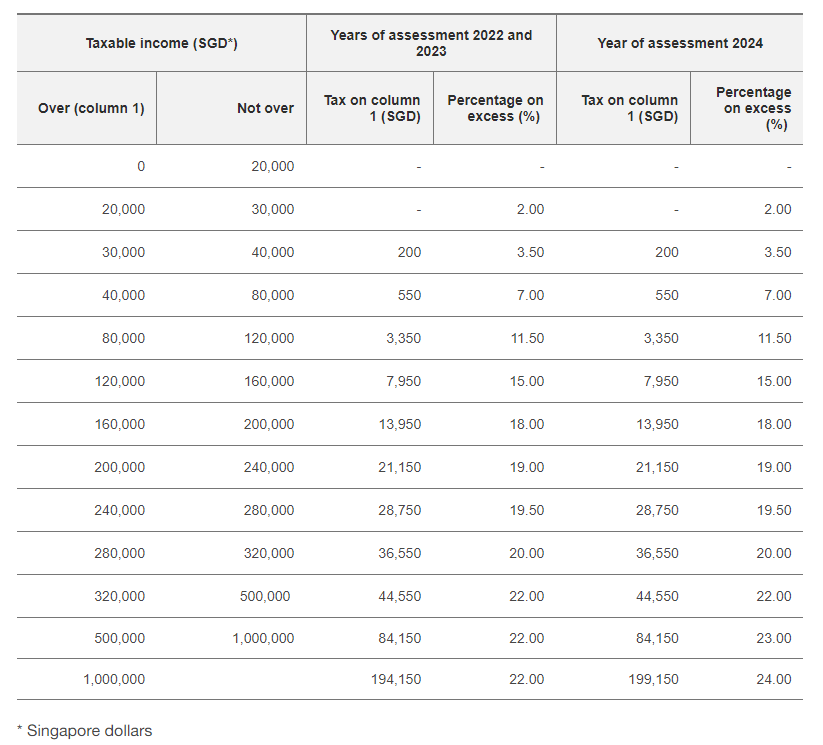
Tax for Non-Residents
Tax can be a tricky subject, especially for non-residents like myself. Living in Singapore but not being a permanent resident means navigating the tax system with caution. Non-residents are generally taxed differently from residents, and it’s essential to grasp the basics to avoid any surprises come tax season. From personal experience, I’ve found that seeking professional advice can be incredibly beneficial in ensuring compliance and optimizing tax obligations. Whether it’s understanding the tax residency rules, filing requirements, or eligibility for tax reliefs, being informed is key to managing your finances effectively while living abroad.
Non-resident individuals are taxed at a flat rate of 22% (24% from year of assessment 2024), except that Singapore employment income is taxed at a flat rate of 15% or at resident rates with personal reliefs, whichever yields a higher tax. A non-resident director’s remuneration or income does not qualify for the reduced rate, and withholding tax (WHT) at 22% (24% from year of assessment 2024) must be deducted from remuneration paid to a non-resident director.
Tax Treatment of Income Earned Overseas
Generally, overseas income received in Singapore on or after 1 Jan 2004 is not taxable. This includes overseas income paid into a Singapore bank account. You do not need to declare overseas income that is not taxable.
There are certain circumstances, however, in which overseas income is taxable:
- Your overseas income is received in Singapore through partnerships in Singapore.
- Your overseas employment is incidental to your Singapore employment. That is, as part of your work here, you need to travel overseas. (e.g. company assignment)
- You are employed outside of Singapore on behalf of the Singapore Government.
You need to declare the qualified taxable overseas personal income under ’employment income’ and ‘other income’ (whichever applicable) in your tax form during your income tax submission .
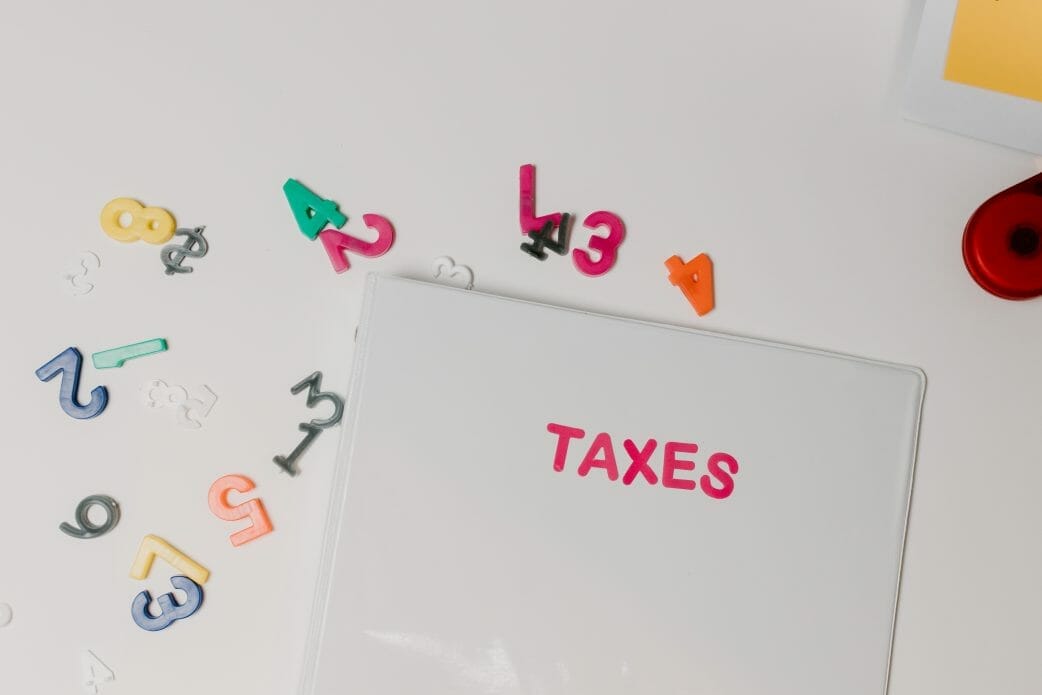
Income Tax Payable On Company Benefits
According to the Income Tax Act, there are certain types of payments that are taxable and certain types of payments that may not be taxable, and it is good to differentiate between both. Employers (and not the employees) have the responsibility to make the distinctions between which types of payments are taxable and non-taxable. To achieve this, it is compulsory for employers not on the AIS to provide a hardcopy of form IR8A and Appendix 8A and/or 8B or Form IR8S (where applicable) by 1 March of each year to IRAS.
For employees on the AIS, they might not know which types of payments, especially when they are company benefits, are taxable or not, since employers submit their employment income returns. For employees not on the AIS, they may be surprised to find that certain kinds of company benefits are actually taxable.
Examples of taxable benefits received from your employer:
- Car provided by employer
- Reimbursements of medical and dental treatments for dependants other than yourself, your spouse and children
- Overtime payments
- Per diem allowances (daily allowance given to employees on overseas trips, out of Singapore, for business purposes), provided the amount is in excess of acceptable rates
- Fixed monthly allowance for transport or if mileage on private cars are reimbursed
- Fixed monthly meal allowance
Note however that some of the non-cash benefits (e.g. accommodations) are taxed using special formulas resulting into a lower taxation on these benefits-in-kind. Thus, a properly structured compensation package (i.e. salary plus benefits in kind) for the executives can help reduce their individual tax liability in Singapore. Further details on this are outside the scope of this guide.
How to Start Filing Your Income Tax in Singapore
Personal Income Tax can be filed starting from the end of the first quarter of each year – you can do it electronically via the IRAS website from 1 March to 18 April every year. The assessment is for income earned in the preceding year – for example, in 2022, you would be filing for taxes for the income you received or derived in 2021. If you prefer paper filing, you will have to submit your completed tax form to the IRAS headquarters by 15 April.
STEP 1: Prepare the necessary resources.
Make sure you have these ready:
- SingPass / IRAS Unique Account (IUA)
- Form IR8A (if your employer is not participating in the Auto-Inclusion Scheme)
- Particulars of your dependents (e.g. child, parent) for new relief claims
- Details of rental income from your property and other income, if any
- Business Registration Number / Partnership Tax Reference Number (for self-employed and partners only)
STEP 2: Log in to myTax Portal
- Log in to myTax Portal with your SingPass / IRAS Unique Account (IUA).
- Click on “Individuals” > “File Income Tax Return” and follow the instructions.
STEP 3: Key In or Verify your details
Key in details such as your income, deductions and reliefs. If your organisation participates in the Auto-Inclusion Scheme, these details will be pre-filled. You will simply need to verify the information.
STEP 4: Update existing tax reliefs
If you qualify for additional or new tax reliefs (e.g. relief for newborn child), please include your claims. If you previously claimed any reliefs that you no longer qualify for (e.g. course fees), you will need to remove them.
STEP 5: Declare other sources of income, if any.
If necessary, declare your other sources of income (e.g. rental income).
STEP 6: Receive acknowledgement receipt
You will see an acknowledgement page after successfully e-filing. Save or print a copy if you can.
You can find a more detailed process here.
For those who are unable to file taxes online, IRAS will send them the relevant paper tax return between February to March.
Conclusion
As someone who’s been through it many times, filing taxes in Singapore can seem daunting at first, but it doesn’t have to be. By maximizing deductions, like reliefs and rebates, and utilizing CPF contributions, you can save significantly on your tax bill. Don’t forget to claim rental expenses if you’re a landlord, and explore parent reliefs if you’re supporting dependents or parents. Plus, take advantage of capital gains exemptions for tax-free investment gains. Lastly, make your life easier by filing electronically—it’s convenient and accurate. Trust me, with these tips, you’ll breeze through tax season like a pro.

FAQ FOR YOUR GUIDE TO FILING TAXES IN SINGAPORE
Q: How do I qualify for tax reliefs in Singapore?
A: To qualify for tax reliefs, ensure you meet the criteria set by the IRAS and claim eligible expenses such as education, medical, and donations.
Q: Can I claim tax deductions for my CPF contributions?
A: Yes, CPF contributions are tax-deductible, reducing your taxable income and potentially lowering your tax bill.
Q: What rental expenses can I claim as a landlord?
A: As a landlord, you can claim allowable expenses such as property tax, maintenance costs, and agent commission fees.
Q: Are there specific tax breaks for supporting my parents?
A: Yes, you can enjoy tax reliefs under the Parent Relief scheme if you support your parents financially.
Q: Do I need to pay taxes on investment gains in Singapore?
A: Certain investment gains may be exempt from taxes, so it’s essential to understand the criteria for capital gains exemptions.
Q: How can I file my taxes electronically in Singapore?
A: You can file your taxes online via the IRAS website or through approved tax filing software for a convenient and accurate process.

Have an Article to Suggest?
Tropika Club is always looking for new and exciting content to feature in their magazine and they value the input of our readers. If you have any noteworthy content or articles that you believe would be a great addition to Tropika Club’s magazine, we are open to suggestions and encourage you to reach out to us via email at [email protected]. By doing so, Tropika Club values your expertise and knowledge in the matter and appreciates your willingness to help. We will review your recommendations and update our list accordingly
Meanwhile, Check Out Tropika Club’s Ecosystem of Websites
Tropika Club Magazine – Tropika Club Magazine is a Singapore-based publication that features articles on a wide range of topics with a focus on local businesses and content for the region. The magazine emphasizes supporting local businesses through its #SupportLocal initiative, which includes coverage of everything from neighborhood hawker stalls to aesthetic clinics in town. In addition to highlighting local businesses, Tropika Club Magazine also covers a variety of local content, including beauty, lifestyle, places, eats, and what’s on in Singapore and the Asia Pacific region.



